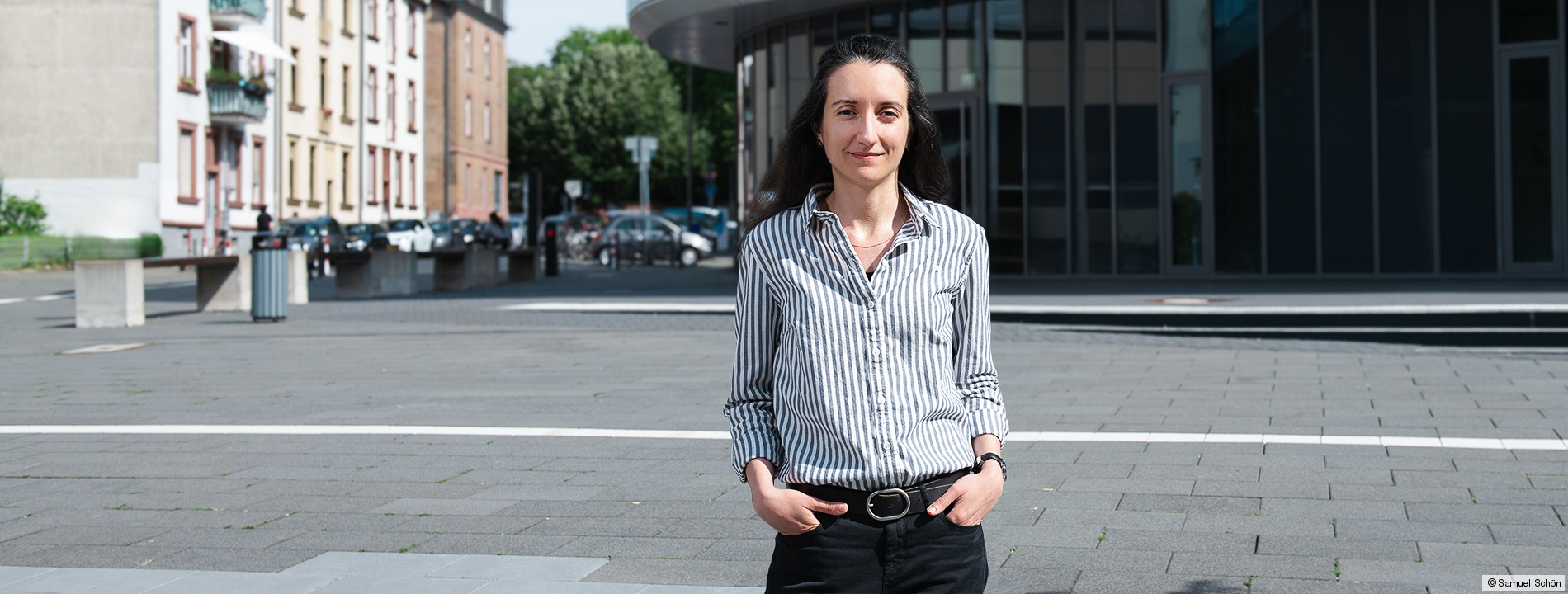Climate change and a shortage of space are major challenges for cities and communities. Against this background, the German federal government has announced the goal of reducing daily land consumption to 30 hectares by 2030. The question arises, especially for growth regions, as to how they can develop residential and commercial areas in the future in harmony with agriculture, energy production, transport and accessibility.
City of short distances
For inner-city areas, so-called “internal development” could be a possible solution. It envisages compact, green settlements with short distances and lounges in which people can move around independently of the car and without restrictions. What makes things easier is that residential building areas of less than 20,000 m² have been made possible in recent years.
High demand for outdoor space
In the outskirts of urban centers, however, agreement seems to be a long way off: the number and size of suitable building areas are decreasing. There are also new trends in space development: the expansion of services, home offices, digitalization and the increasing need for logistics and retail space.
Conflicts of objectives and sustainable space management
Against this background, Pinar Dörder deals with similarities and differences in the neighboring regions of Frankfurt/Rhine-Main and Rhine-Neckar. She analyzes to what extent and to what extent these are affected by conflicting goals in their spatial development. She also determines which instruments and strategies are used to demonstrate sustainable land management.
Practice Partner
"At MVV Regioplan we are committed to sustainable urban development. We are actively driving this forward as an engineering and urban planning office. The personal development of our employees is also very important to us. We are all the more pleased that Pinar Dörder is developing new impulses in science and research as part of her postdoc position at the Frankfurt University of Applied Sciences, and that we can integrate new and innovative approaches into our work through the cooperation program."
Daniel Jung, CEO MVV Regioplan


